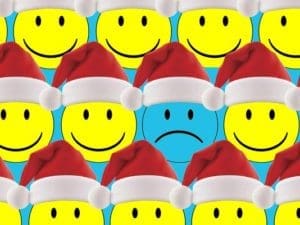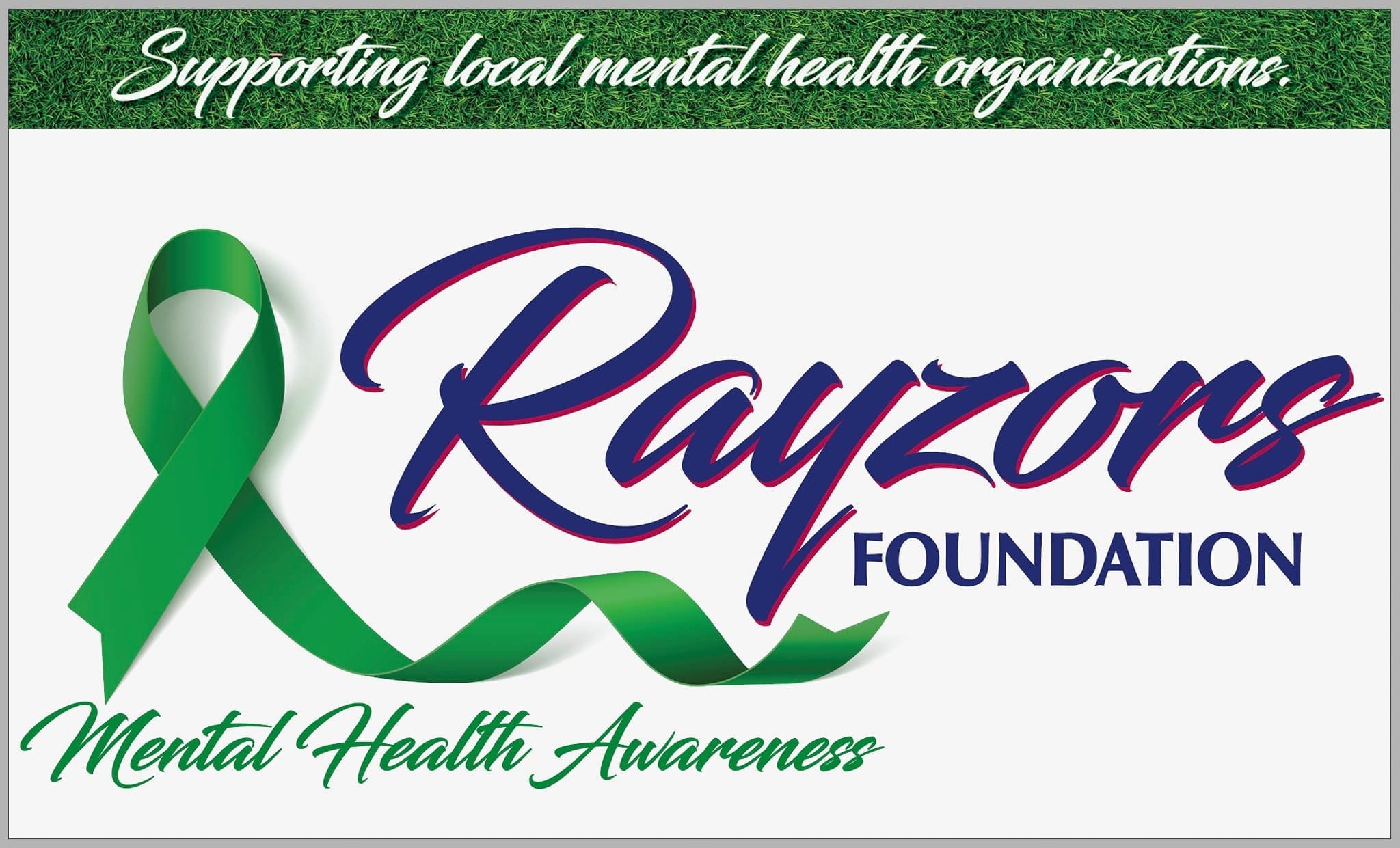 The holiday season is a time full of joy, cheer, parties, and family gatherings. However, for many people, it is a time of self-evaluation, loneliness, reflection on past failures, and anxiety about an uncertain future, often called “holiday blues”. Holiday blues is described as a passing mood of the season. Major depression, on the other hand, is a serious medical illness affecting almost 10 million American adults in a given year. Sleeping problems, sadness, forgetfulness, and withdrawal from friends – these are behaviors and feelings we often accept in older adults but they are not a normal part of the aging process, nor are they signs of senility. They are symptoms of a common emotional illness called depression. Holiday blues or major depression… what’s the difference? What can you do about it?
The holiday season is a time full of joy, cheer, parties, and family gatherings. However, for many people, it is a time of self-evaluation, loneliness, reflection on past failures, and anxiety about an uncertain future, often called “holiday blues”. Holiday blues is described as a passing mood of the season. Major depression, on the other hand, is a serious medical illness affecting almost 10 million American adults in a given year. Sleeping problems, sadness, forgetfulness, and withdrawal from friends – these are behaviors and feelings we often accept in older adults but they are not a normal part of the aging process, nor are they signs of senility. They are symptoms of a common emotional illness called depression. Holiday blues or major depression… what’s the difference? What can you do about it?
Tips for Coping with Stress and Depression During the Holidays
- Keep expectations for the holiday season manageable. Try to set realistic goals for yourself. Pace yourself. Organize your time. Make a list and prioritize the important activities. Be realistic about what you can and cannot do.
- Look toward the future. Life brings changes. Each season is different and can be enjoyed in its own way.
- Do something for someone else. Try volunteering some time to help others.
- Enjoy activities that are free, such as driving around to look at holiday decorations or going window shopping without buying.
- Be aware that excessive drinking will only increase your feelings of depression.
- Try something new. Celebrate the holidays in a new way.
- Spend time with supportive and caring people. Reach out and make new friends or contact someone you have not heard from for awhile.
- Save time for yourself! Let others share responsibility of activities.
Major Depression
Depression is more than an occasional feeling of sadness or a natural, grieving response to loss. It is a group of long-lasting or recurring emotions and behaviors that interferes with a persons normal activities. Many times, older adults who have depression are not diagnosed at all. Since many seniors accept their symptoms as an inevitable part of aging, no help is sought. Another concern is the elderly’s generational resistance to the idea of emotional illness and the benefits of seeking help. Many are easily embarrassed by the stigma of mental illness and are so ashamed of their symptoms that they are unwilling or unable to discuss their feelings with a professional.
If you or someone you know has experienced several of the following signs of depression for two weeks or more, professional help should be considered:
- Feelings of worthlessness, hopelessness, helplessness
- Persistent sadness or anxiety
- Unexplained crying
- Withdrawal from formerly pleasurable activities and relationships
- Lack of attention to physical appearance
- Changes in eating and/or sleeping habits
- Decreased energy or fatigue
- Thoughts of suicide
Because treatment for depression can so dramatically improve the quality of life, a correct diagnosis and professional attention are vital.
If you or someone you know is struggling with depression or mental illness in Buffalo NY or Western New York, choose BryLin for compassionate, experienced, and effective depression treatment. Talk to a mental health professional at BryLin by calling (716) 886-8200.
It’s your choice, choose BryLin Behavioral Health System.



Comments are closed